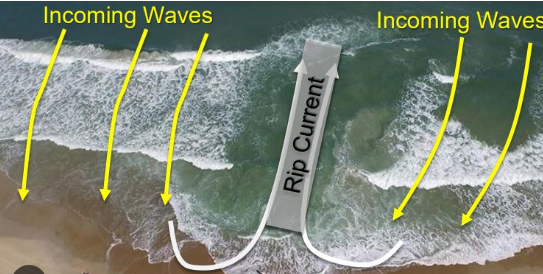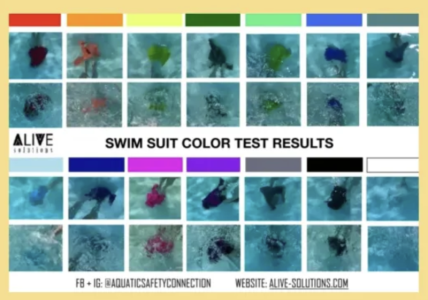georgina
DIS Legend
- Joined
- Apr 21, 2003
- Messages
- 16,362
Just saw on the evening news that 5 people were swept away in Florida and died. When I was 14 in North Carolina, 3 of us teens were jumping the waves, and turned around to find we were suddenly far from the shore. A couple of surfers came by and helped us get out of the rip current. The solution is to swim parallel to the shore, then work your way back in. Fortunately we were strong swimmers and managed to get back to the shore.
https://oceantoday.noaa.gov/fullmoo...=The first thing is to,call for help on shore.
https://oceantoday.noaa.gov/fullmoo...=The first thing is to,call for help on shore.

 Seeing it visually that eventually, one may not have to swim that far parallel is nice to know.
Seeing it visually that eventually, one may not have to swim that far parallel is nice to know. 


